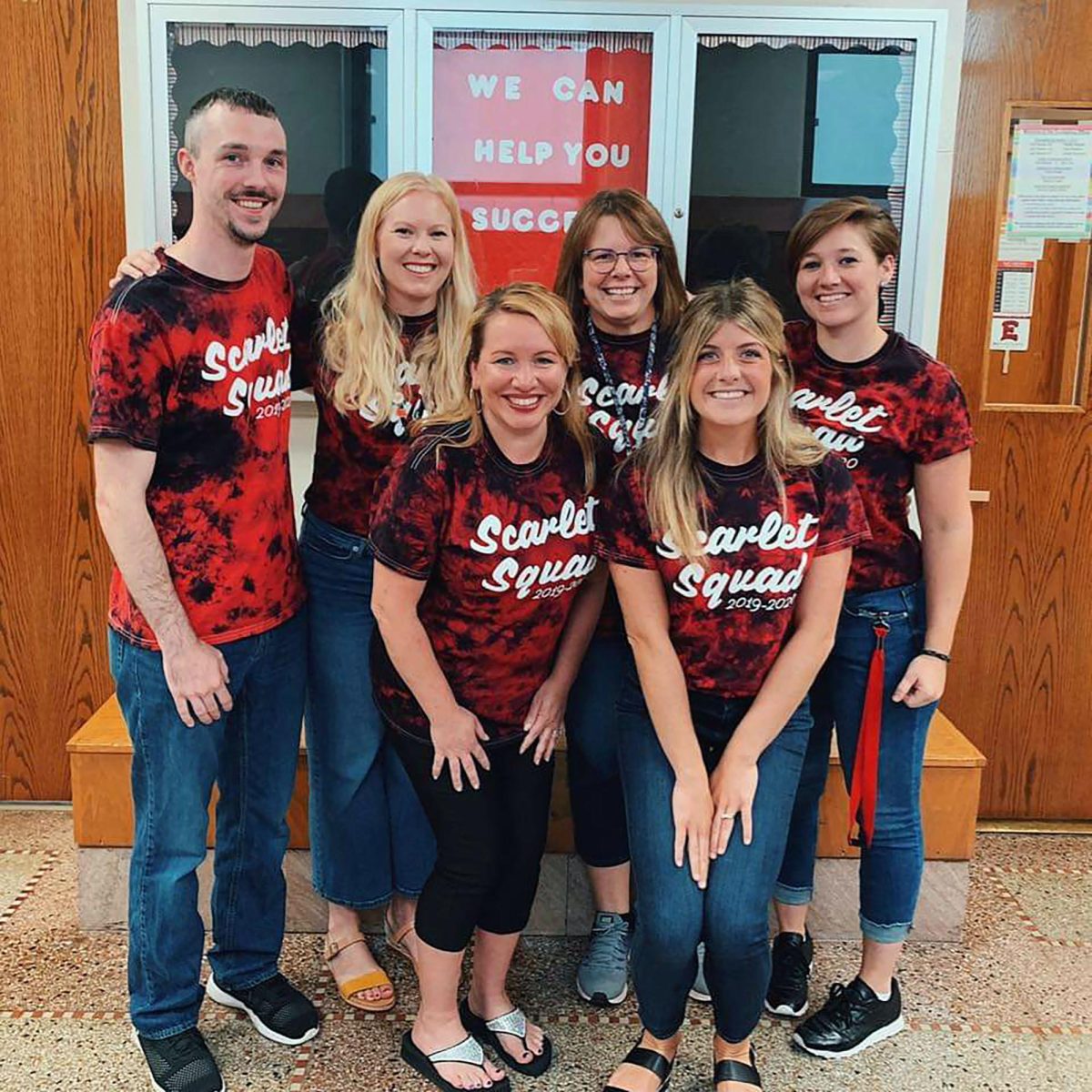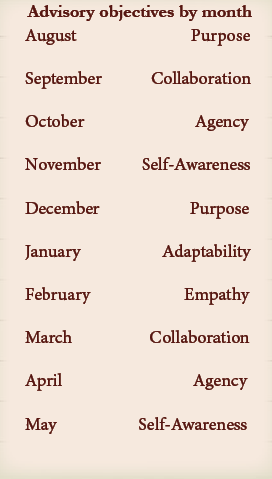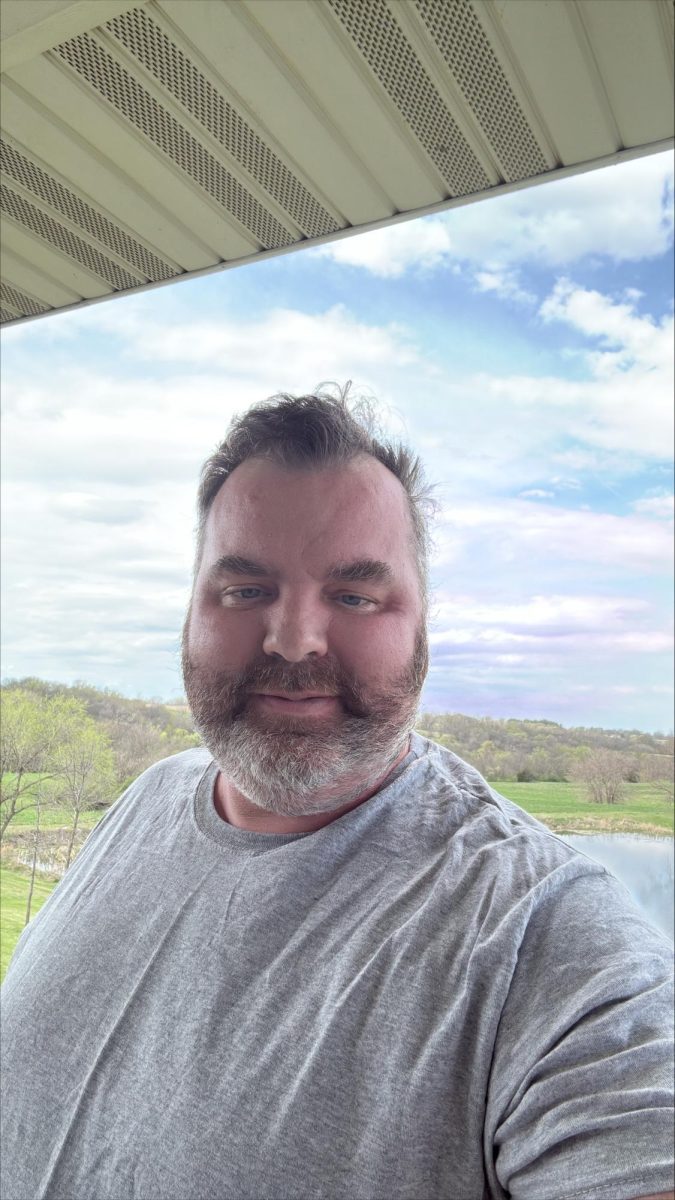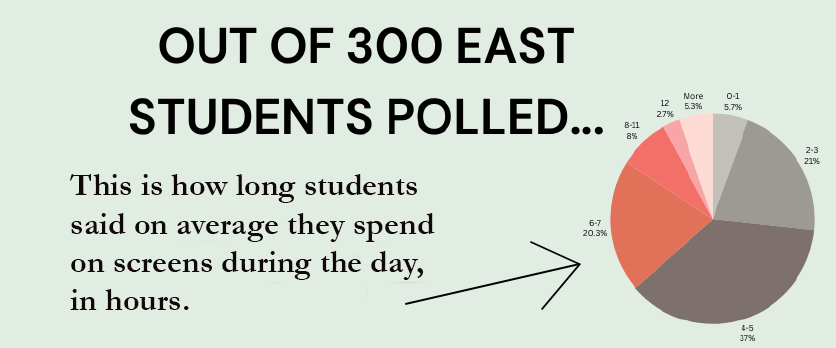SENIORS, LISTEN UP!
Do you still have no idea what your plans are for after graduation? Are you scrambling to decide, but just can’t and want to give up? Maybe take a gap year or two, until you are ready to decide?
There are so many choices as to what to do next and there are so many questions. You may ask yourself. “How in the heck am I going to make it to graduation?” If you are worried about your credits because you’ve failed way too many classes, you may feel like there is no hope. Or you are super excited and already know what you want and just want a bit more support in preparing for those next steps. Well, East is here to help.
For those of you who have no idea what you want to do after high school and are wondering “What should I do?” here is some info that you may want to know when weighing your options and finding out what you want to do.
“A traditional diploma is 23 credits. A senior who is on track is right around that 20-credit mark. They should be finishing up their senior year of English, Government, Personal Economics, typically. We really like to see them between like 19 and 20 credits. That’s a really good place because then there is room for classes that are dual credit or central campus. We also have a court diploma for 18 credits, for some students that may be falling off track and may be working toward that pathway,” counselor Lauren Brandt Erickson said.
You can either go straight into work, you can go to college, you can do military, you can take a gap year and travel, you can even start your own business. Regardless of a student’s path it is important that you graduate and in order to do that, there is a required/recommended grade point average (GPA) may vary. Ideally, students are earning above a 2.5 GPA, granting them access to more college opportunities and more scholarship opportunities. “But then again if that is not their path it is not necessarily the end of the world,” Brandt-Erickson said.
“For students who are seeking more financial aid and want to qualify for merit scholarships, and they are applying to colleges they really need to be targeting 2.5 GPA or higher, 3.0 or higher is really really ideal for a lot of those scholarships. Grade wise As and Bs are what make that happen,” Erickson said. If you are planning on going into trade your GPA is not going to be looked at quite so thoroughly, but it is still super important that you are passing all your classes, because the math, and the science, and English skills that you are getting in class will translate to that career path.
If you are going to college, you are going to want to know what colleges and universities will be looking at when reviewing your applications and deciding whether you’ll be a good contribution to their campus/class.
“Colleges still use a lot of the traditional ways to kind of measure the potential for student success, like the ACT. They are going to look at an ACT score, they are going to look at GPA, what kind of grades a student was getting, and then they are going to look at the transcript, which is a record of all of the classes that the student took during their time in high school. / We’ve heard from college reps; they really like to see that students have challenged themselves,” Erickson said. She then goes into detail explaining that they’d rather see a student who took an advanced placement (AP) class and earned a B or C than taking an easier class and getting an A. “That is something that they value,” Brandt-Erickson said.
For those who are deciding whether or not to take the ACT/SAT, it is recommended by counselors that you take those test even if you may not want to enter secondary school or trade that does not require those tests for application, it is still something that colleges and universities will look at to determine whether or not you can meet their academic expectations and have the skills and capacity to learn each target and credential. It is good practice and if you don’t get the score, you would like you can always retake it. And if you are not ready for those tests, you can register for the PSAT right now, or attend a seminar coming up that will tell you all you need to know when taking the test and how you should fill and answer each different type of question.
“We love for all students to take it. We’re actually going to help students get signed up for that through our workshop starting up in October,” Erickson said.
 ARE YOU BEHIND? Speak to your counselor on ways to catch up.
ARE YOU BEHIND? Speak to your counselor on ways to catch up.
Students who may be behind in their senior year, whether because their grades, credit and GPA are not where they should be or because you maybe haven’t taken a necessary/mandatory class, the number one way you could catch up is to ATTEND YOUR CLASSES! Other ways to get caught up are through public school offers Options Academy, credit recovery through Flex Academy, Summer school, or you can fill your schedule with classes you may need to retake or need to finish earning those necessary credits, and by talking to your counselor about ways to catch up.
CAN’T GO TO SCHOOL?
There are options for students who may not be able to come to school at all; they’re able to apply to the virtual campus high school. For people who may be a new young parent could work with their counselors to modify their schedule so that they can provide childcare or make sure your childcare is in place and then still be working on a few classes in the building, so they are making some progress. Options Academy does have alternative hours for students who are seventeen and meet qualifications, would be given access to school and attend Monday through Thursday and get to make their own schedule. They may even offer some evening hours.
Now that you are all caught up, now comes the question of choosing a major to study in. “I know some students kind of get to this point of senior year and they can’t really tell you what they want to do, but they kind of know what they don’t want. That’s a great way to start,” Erickson said.
Now if you don’t college is in the card for you that is completely alright, it may even be the best option for you. There are so many more choices you can make and I’m going to tell you what they are.
WHAT ELSE IS THERE?
There are so many options and choices to make as you plan for your future. You can go to college and counselors Lauren Brandt Erickson and Michael Freund are more than happy to help guide you in your college planning and preparation. You can go to the Military; there are plenty of program for training that you can either take through central campus or other programs outside of school located in Des Moines, just ask your counselor for assistance and they will help. You can go straight into work, either into a trade or if you want to create and build your own business.
WHATEVER YOU WANT!






